An Interview on Privacy and Fashion: URBANPRIVACY Explained
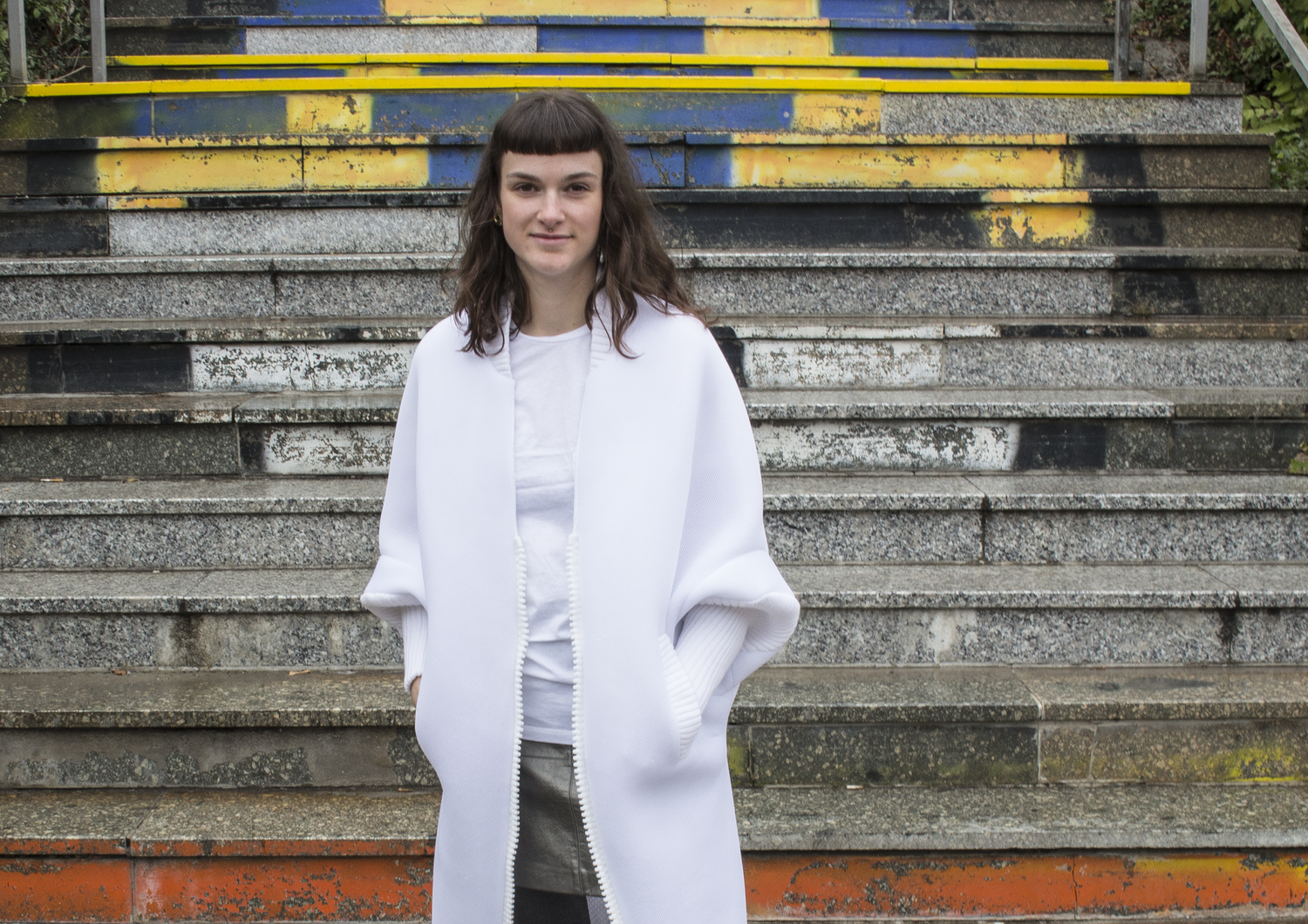
Recently, I received an interview request from Marcus Siedler, founder of the online magazine BAESTARD.de. According to Marcus, the goal of BAESTARD is:
"to introduce our readers to interesting people and projects, and to inspire them to follow the positive examples set by our interview partners."
I was convinced by this mission! In six short questions, you will learn more about the background of the project and a bit about my views.
Enjoy and let's get started!
1. Briefly describe your project in three sentences. What is the goal?
URBANPRIVACY is an intelligent collection designed to help the wearer maintain their privacy in urban spaces, avoiding constant surveillance by systems such as night vision cameras or automatic facial recognition. This is achieved through both technical solutions embedded in the clothing and the design itself. In addition to the clothing items, URBANPRIVACY aims to promote awareness about data privacy and its importance for personal development.
2. What is the one word that should be immediately associated with your project?
Privacy – especially in our fast-paced digital world, it is important to create digital "offline spaces" or physical retreats where one feels unobserved. These retreats should be free from judgment, allowing everyone to freely develop their personality.
3. "Dream big and start small, prepare to fail." This pioneering classic is inherent to everyone. But just as each idea is unique, so is the personality behind it. What sets you apart?
When I am truly convinced of an idea, I work passionately and put a lot of heart into it. I invest this energy into URBANPRIVACY as well. This effort is necessary to find new solutions for the project. It is like fighting windmills because surveillance technologies also continue to evolve, so I have to keep up!
4. What are your three fundamental rules for success? Why?
I am still trying to figure that out (laughs)! I think it is important to stay authentic, question your work, and if necessary, take a step back. This helps me see things more clearly and, combined with a certain level of ambition, explore new paths. Conviction for the project and the topic does the rest.
5. What era would you have liked to live in? What would you do differently than it was then, and what advice would you give the world?
I think we already live in very exciting times that still need a lot of change. Therefore, it is important to start now to achieve potential changes for the future. I would rather answer the question in the opposite way and ask myself what impact my current actions will have on the future. Considering URBANPRIVACY, it would be interesting to see how more people will think about their privacy and data in the future without feeling it is a necessary evil.
My advice
- Think carefully about what you post or share online; you can't foresee the consequences it might have.
- Question what permissions certain apps request or what data is needed for various contests.
- A "like" says more than a thousand words and can hint at your interests or the social circles you move in.
6. What question do you miss? How would you answer it?
Goodbye presumption of innocence?
It is fundamentally impossible to monitor only selected individuals. Even if you have "nothing to hide," you have already been caught in the crosshairs of a surveillance camera. Comprehensive surveillance contradicts the presumption of innocence – a cornerstone of our legal system. Anyone can end up in a database as a potential suspect or criminal.
Thank you, Marcus, for your questions.
Disclaimer: Unfortunately, the online magazine no longer exists.

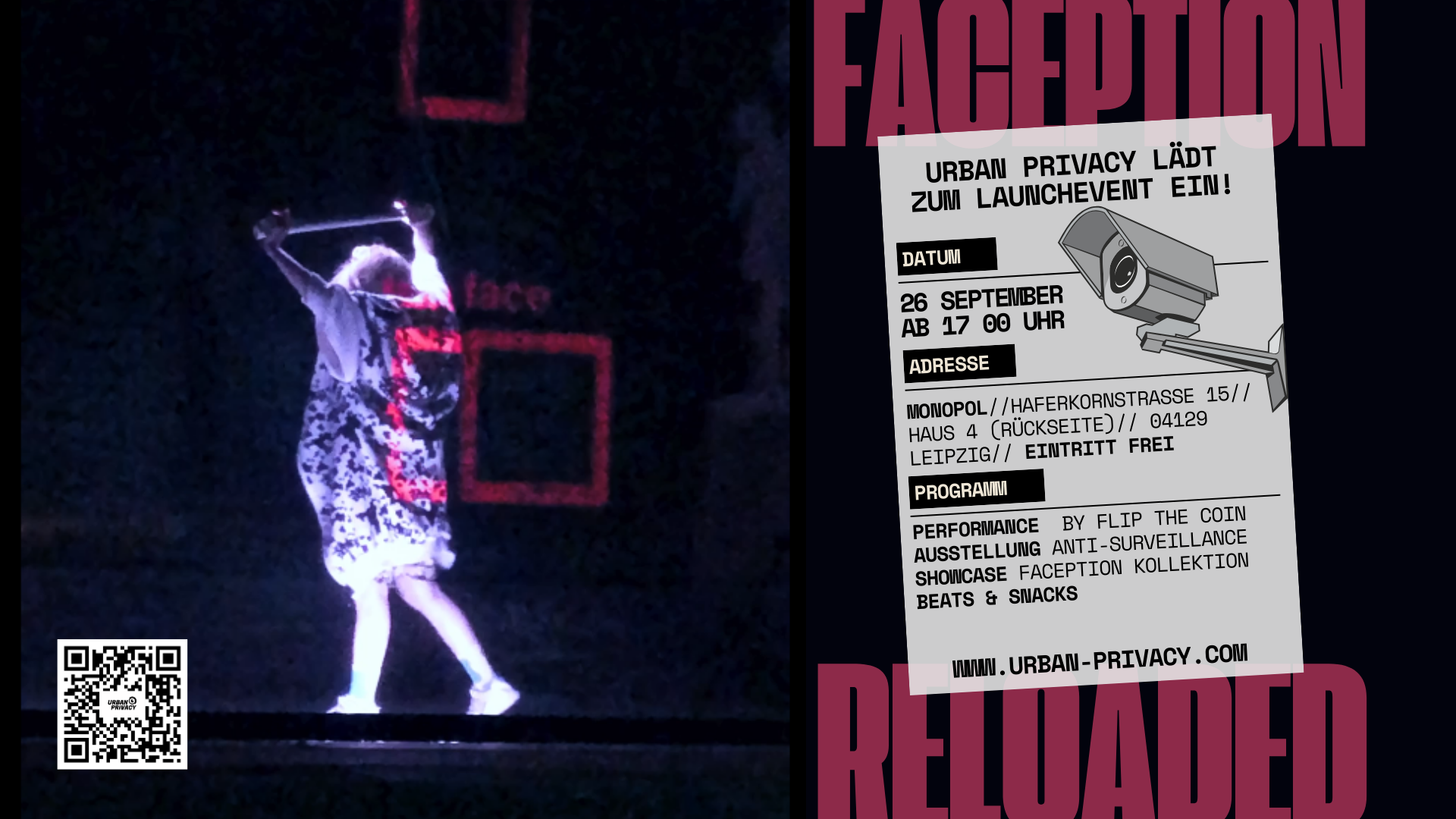
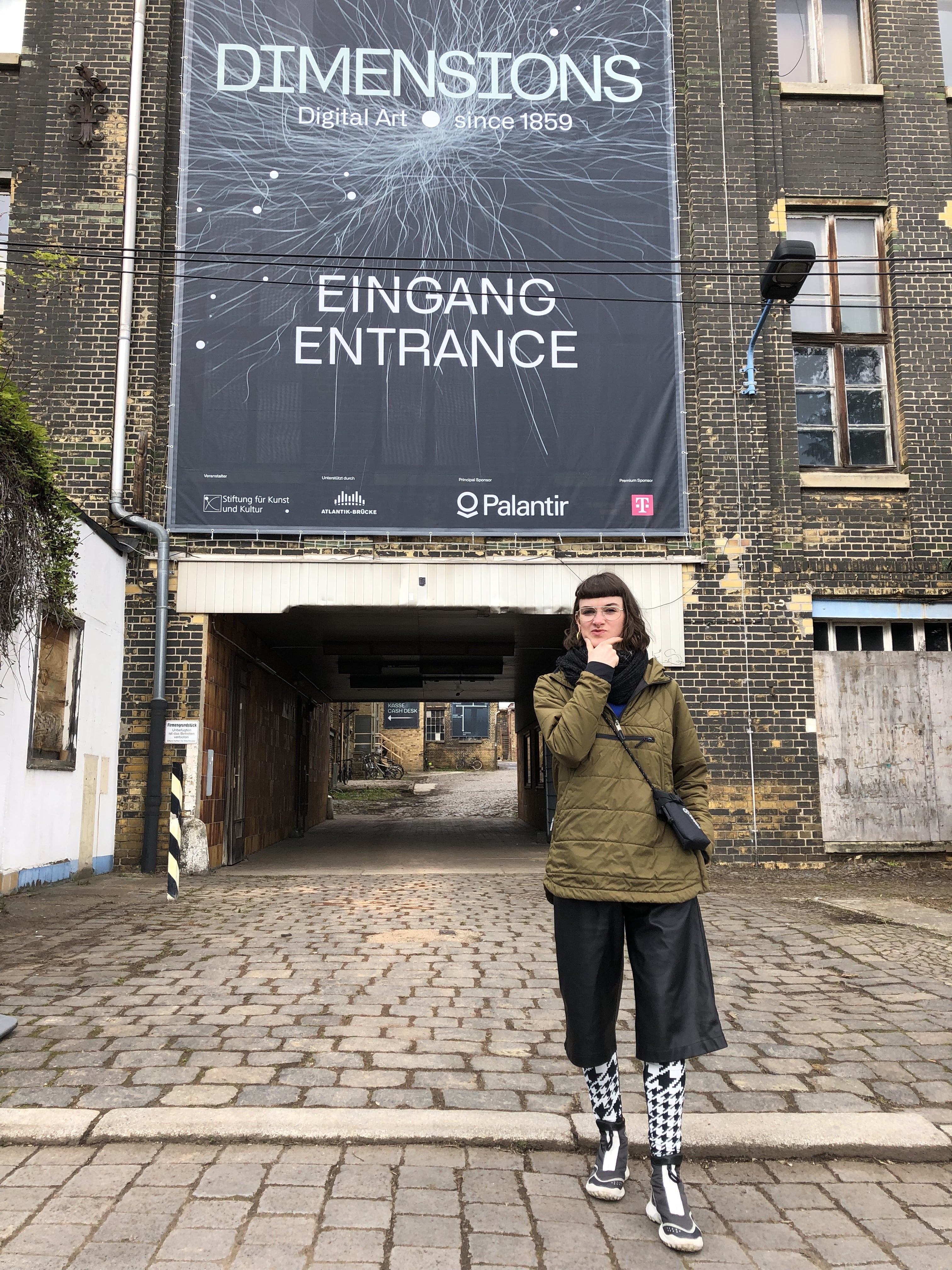
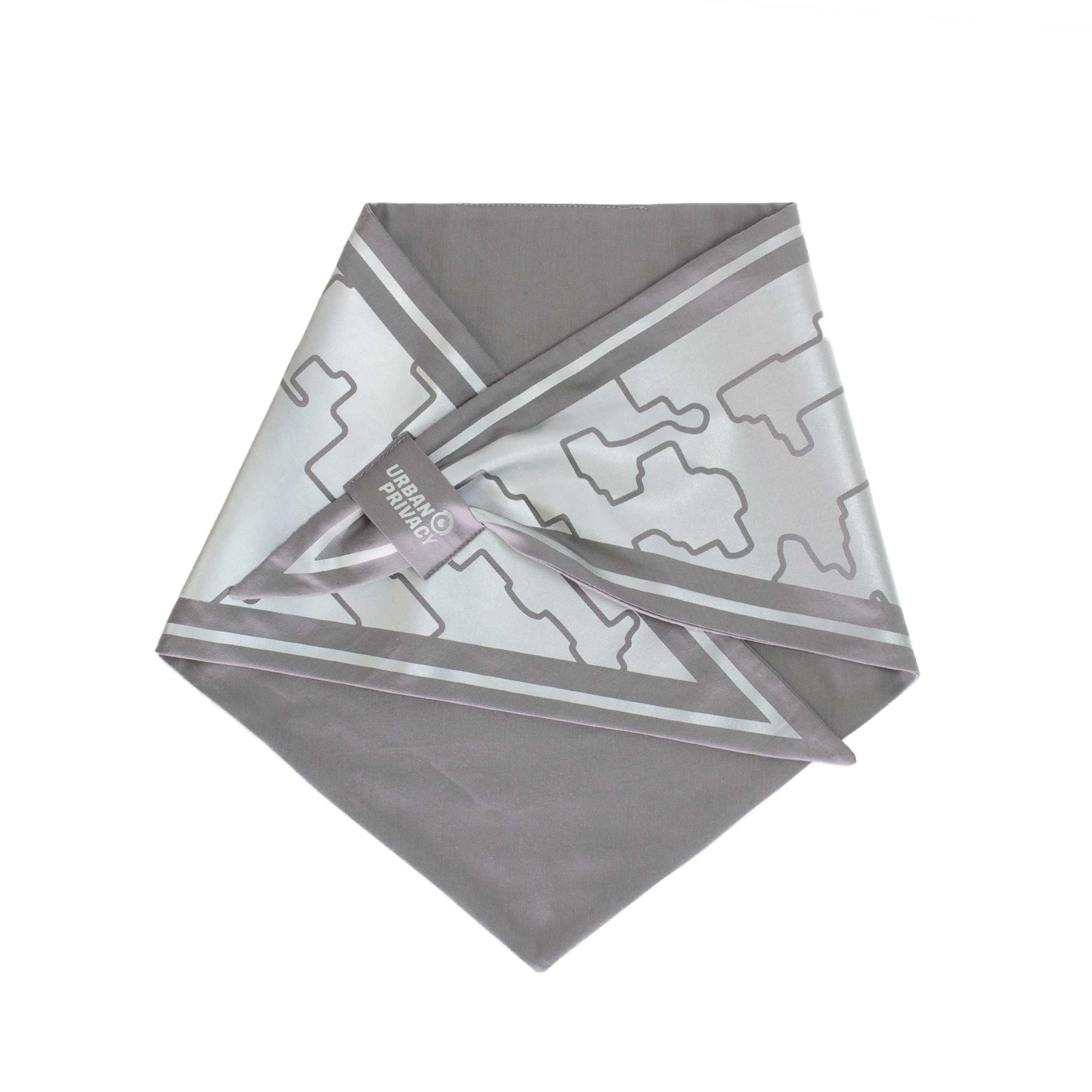
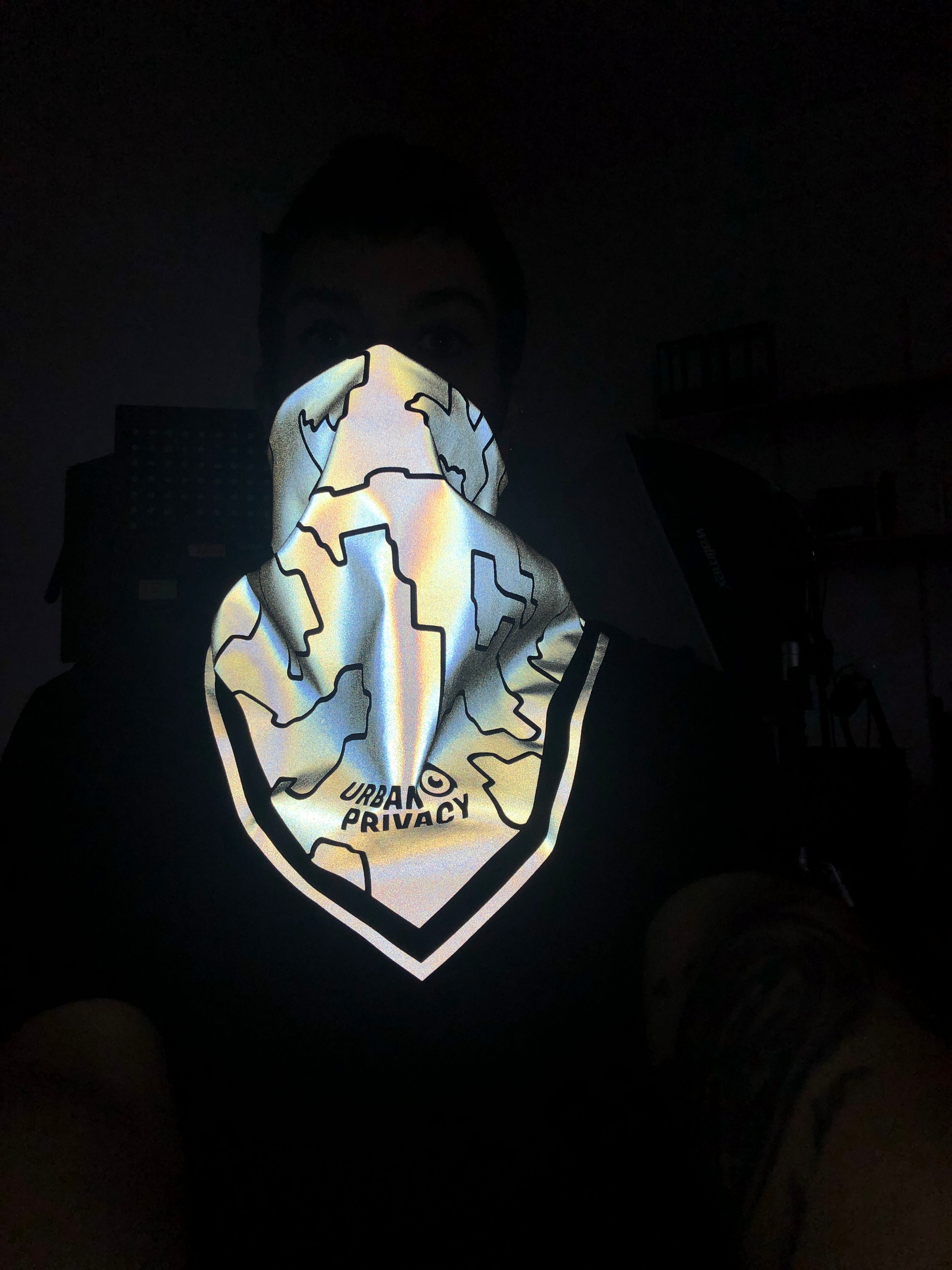
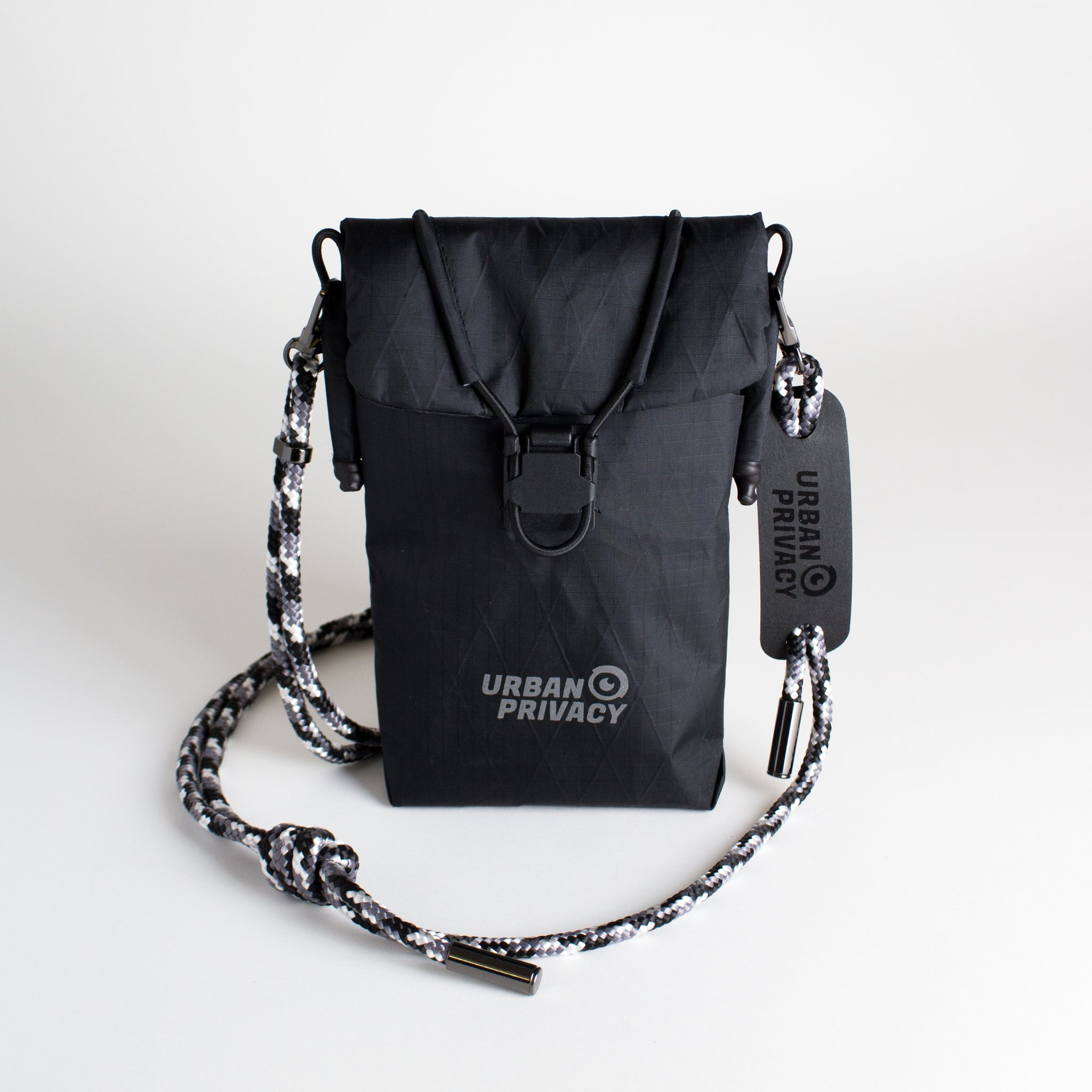
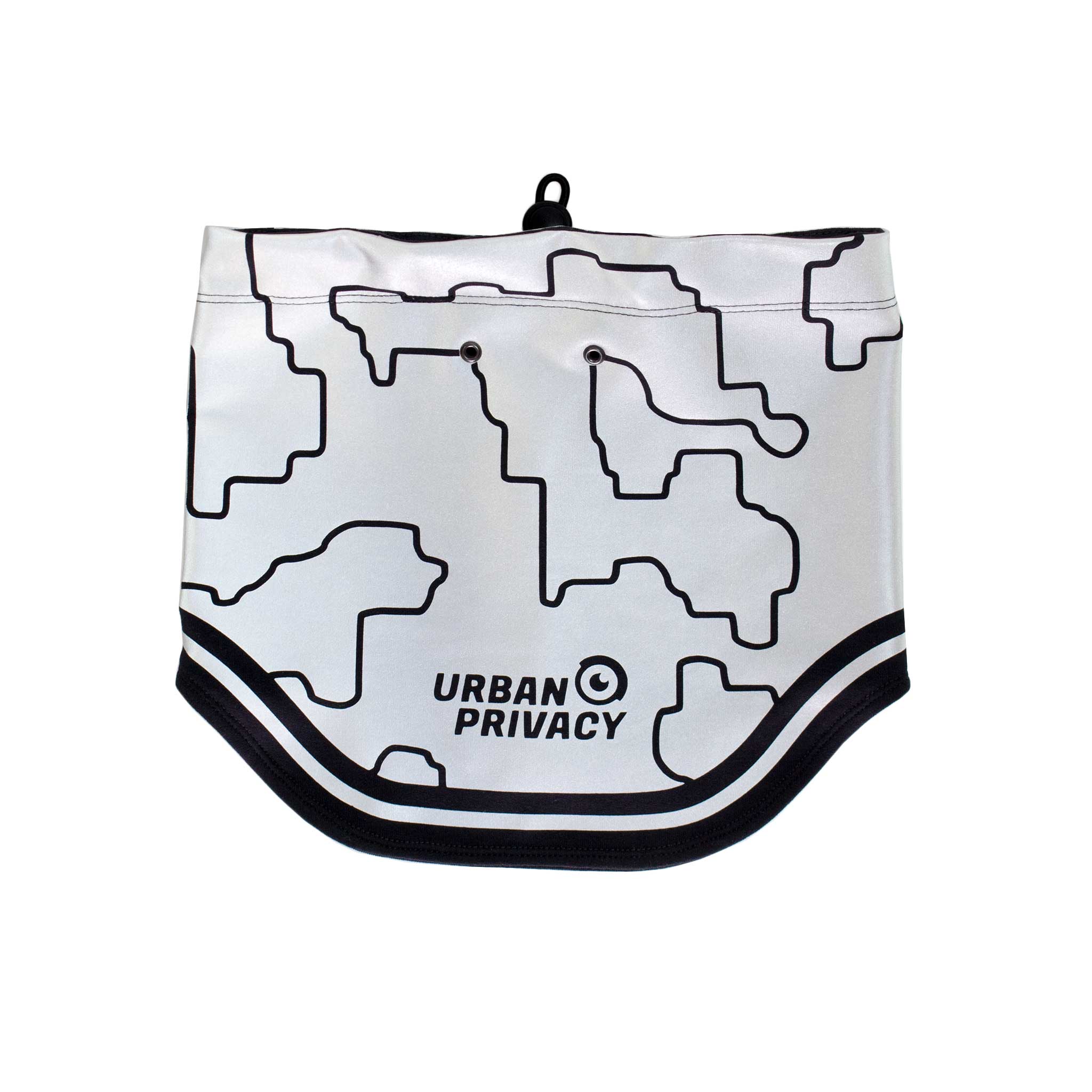
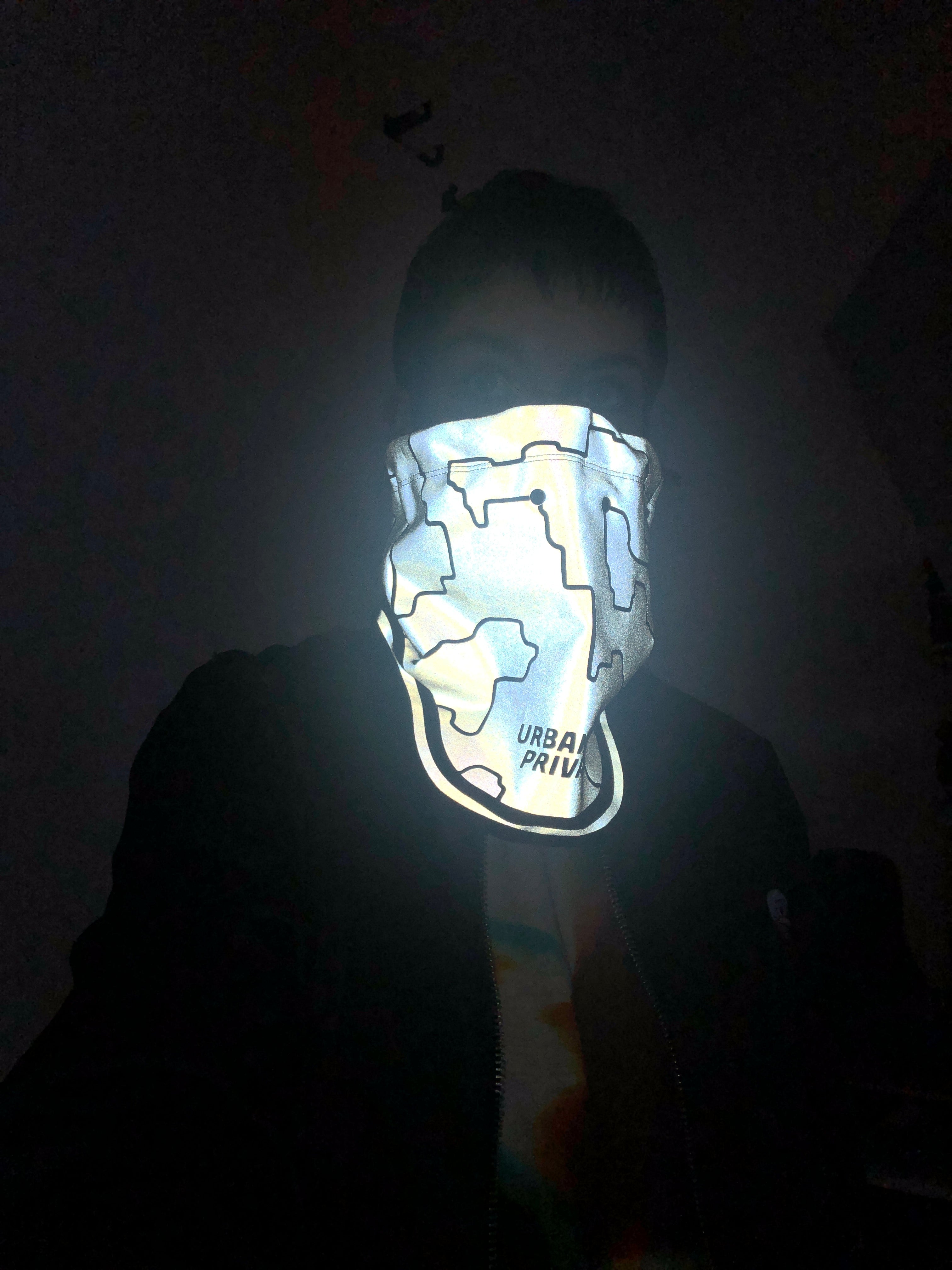
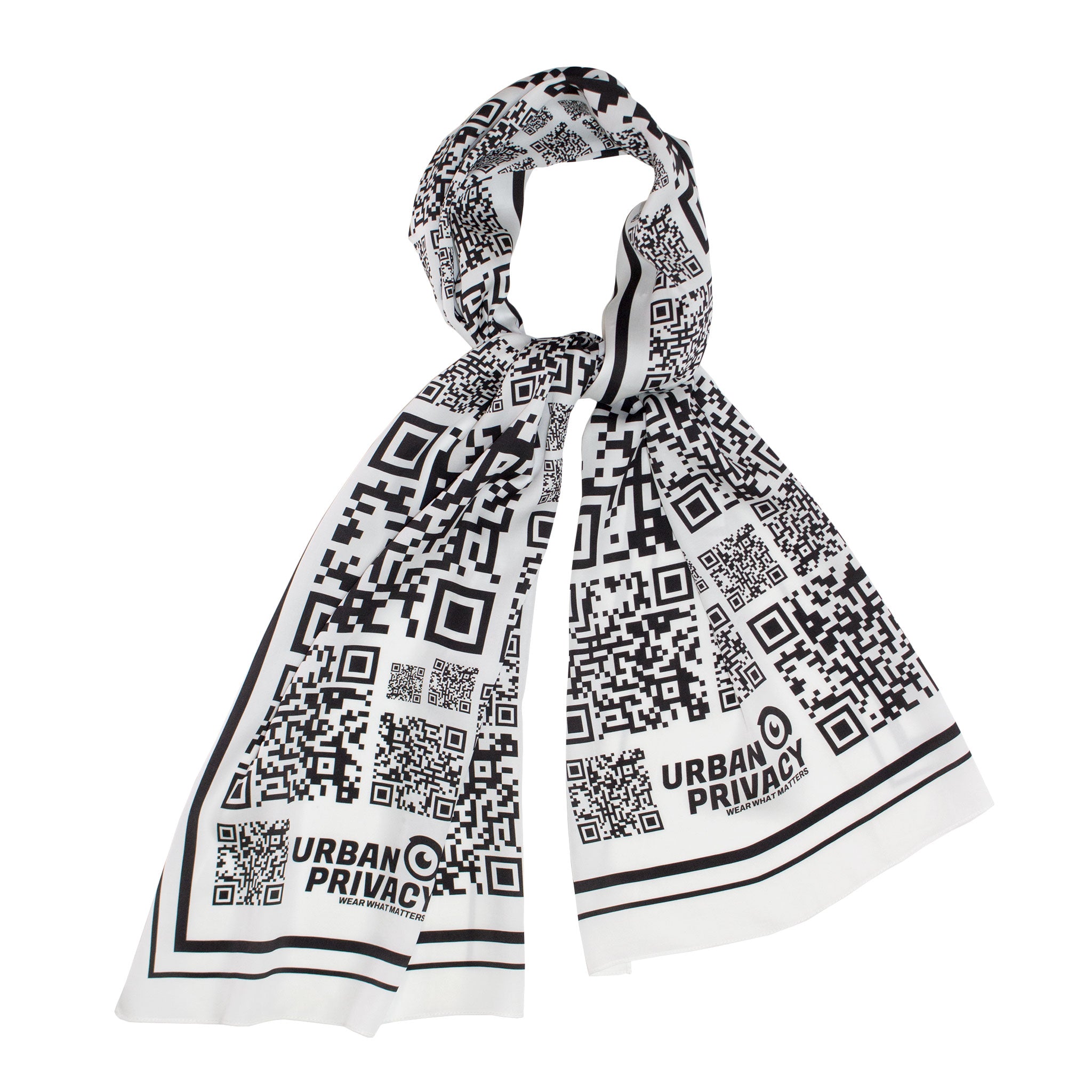
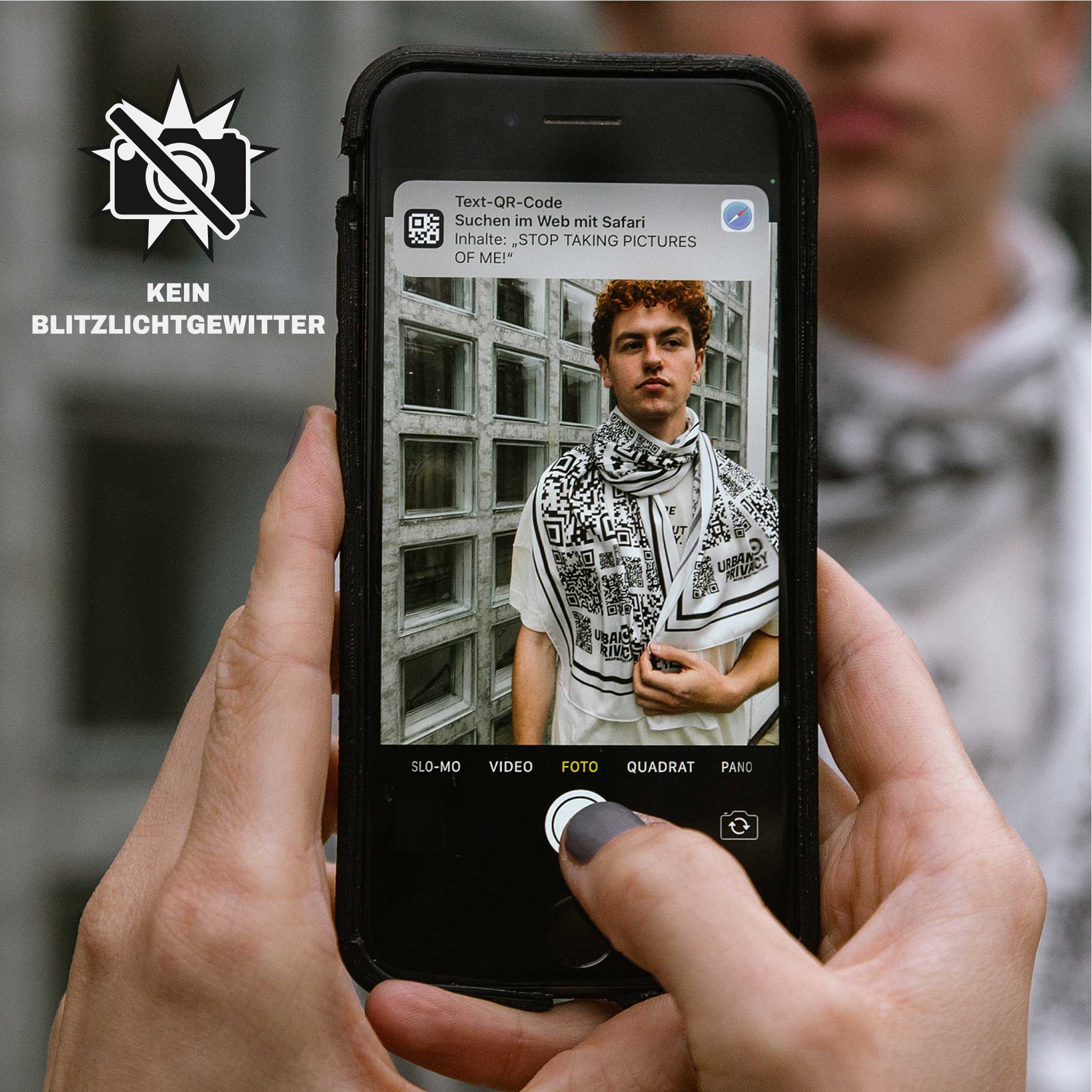
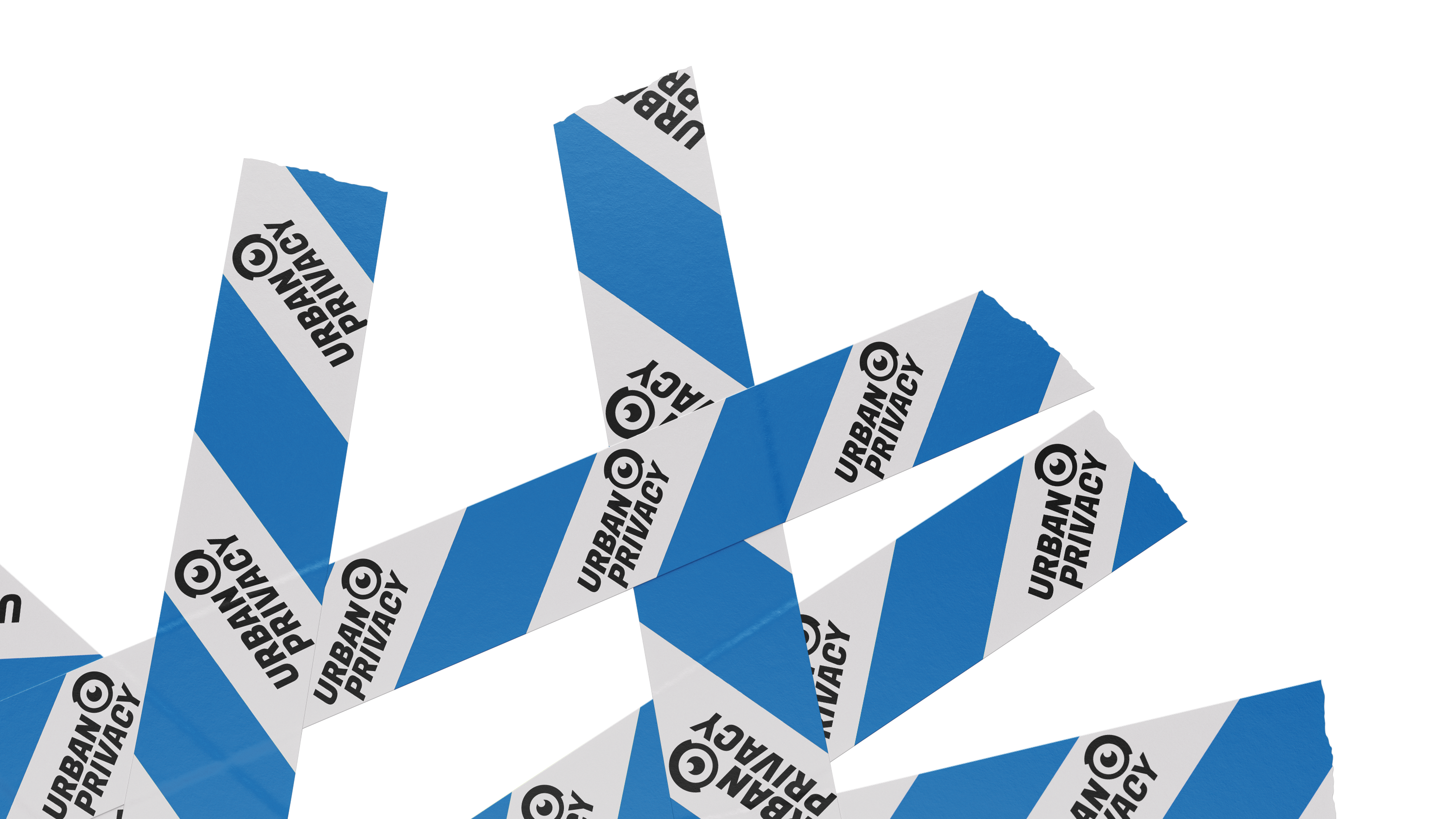
Comments